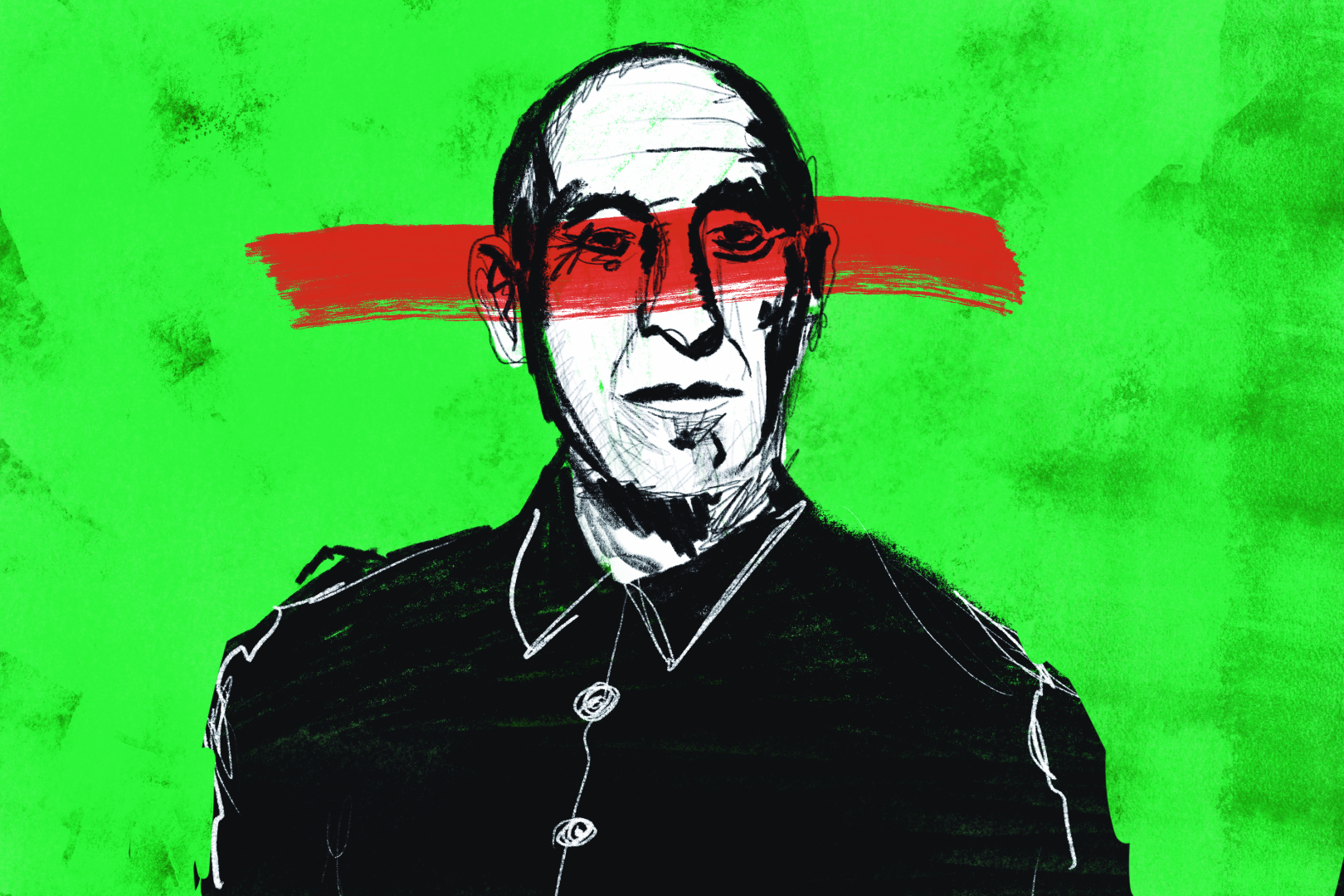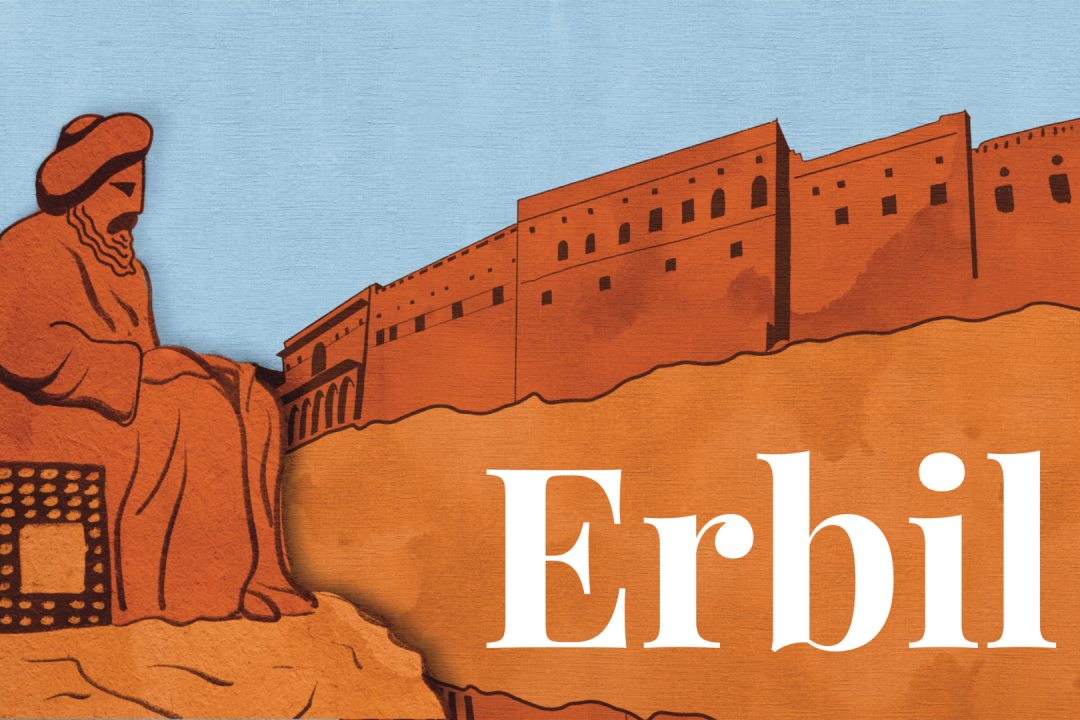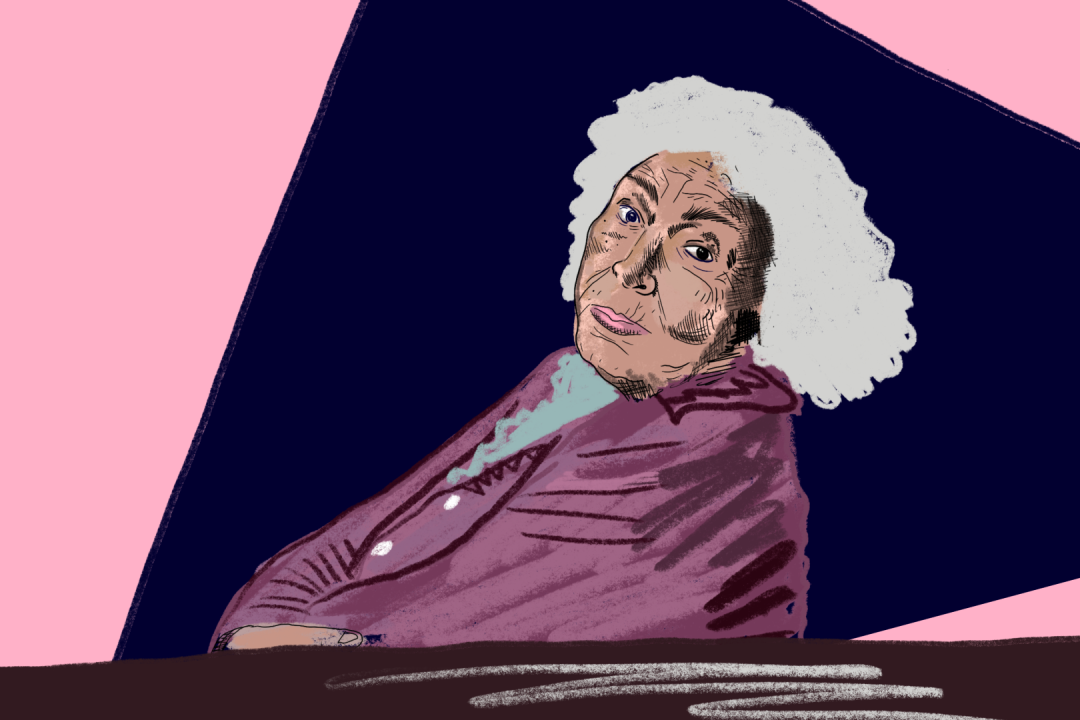
Mohammed Mosaddegh
By: SeyedehZhinaIran went through in-depth changes during the rule of Pahlavis. This is due to the rapid changes that the world structure, politically, economically, and socially, had witnessed. Internal reforms, also, such as industrialization and modernization were provoking changes in the social and political system inside Iran. An era including the world wars, coups, and superpower interference, unsurprisingly, shaped crucial transitions and gave birth to outstanding figures of history. Mohammad Mosaddegh was one of those few figures that conditioned a path for nationalists, both inside and outside of Iran. He was born on May 29, 1882, in the Sangalj neighborhood of Tehran. His father, Mirza Hedayatullah Ashtiani, known as Minister of the Office in Naser al-Din Shah's era and an educated gentleman of his time, and his mother Malik Taj Khanum, Najm al-Sultaneh, was one of the philanthropic Iranian women, founder of Najmia Hospital in Tehran, daughter of Firoz Mirza and grandchild of Qajar Crown Prince Abbas Mirza, viceroy of Iran.
Mosaddegh’s parents, Mirza Hedayatullah, had three sons, of which Muhammad was the youngest. When Mirza Hedayatullah died in 1892, Muhammad was ten years old, but Naseeruddin Shah, in addition to giving the job and title of Mirza Hedayatullah to his eldest son, Mirza Hossein Khan, also gave titles to his other two sons and called Muhammad, Mosaddegh al-Saltaneh. Mossadeq’s mother remarried after Mosaddeq’s father passed away to Mirza Fazullah Khan, then secretary to the Crown Prince, and moved to Tabriz.
After his preliminary education in Tabriz, Mosaddegh went to Tehran with his adoptive father, and when he was 17 years old, he was appointed as a Mustofigari, a tax revenue accountant, of Khorasan. During the constitutional period, the profession of Mustafi was hated by the people as much as theft, and this became a strong reason that led Mosaddegh to withdraw from this job. A few years following these events and after a few political reforms, he was elected in the first election period of the Constituent Assembly by Isfahan nobles but because he was not yet thirty years old, his credentials were rejected. This rejection redirected Mosaddegh to his academic life. He went to France and after studying political science, he left for Switzerland and got his Ph.D. in law from the University of Neuchatel, a country that he later called his "second homeland”. He also does some business for a while after graduating and then decides to go back to Iran after almost ten years of living abroad.
He was appointed to serve in the Ministry of Finance due to his expertise in the finance sector and his previous roles in the Governorate of Khorasan. During the government of Samsam al-Sultaneh, he resigned from the position of Deputy Minister of Finance due to a dispute with the then Minister of Finance, and when the second cabinet was formed, he decided to go back to Europe for a while. After the coup of Seyyed Zia and Reza Khan, Mosaddegh did not recognize the government of the coup and after resigning from the post he had in Fars province, he went to Tehran, at the behest of Bakhtiyari tribal leaders.
Mosaddegh was elected as the representative of the people of Tehran in the fifth and sixth terms of the National Council. It was during that time when his opposition against Reza Khan Sardar Sepah began, and the former Prime Minister who had since the military coup, led by Reza Khan, occupied the throne. Mosaddegh was imprisoned under Reza Shah's order. He was released after a few months but forced to remain silent under surveillance under house arrest in Ahmedabad. It was in 1941, after the occupation of Iran by Soviet and British forces, that Reza Shah was removed from the throne so that Mosaddegh could return to Tehran. After the fall of Reza Shah in the 14th election period of the parliament, Mosadew was once again elected to parliament as the representative of the people of Tehran.
During this period, to counter Soviet pressure to obtain oil concessions in northern Iran, Mosaddegh passed a bill that prohibited the government from negotiating oil concessions as long as foreign forces were in Iran. Moreover, for the 15th election period, Mosaddegh could not step into the Majlis due to the intervention of Qavam-al-Saltaneh, the Shah, and the army. In 1949, Mosaddegh founded the Iranian National Front, the expansion of political activities after September 1941 had made people pay attention to the oil contracts. Later on, with the elections of the 16th parliament, with all the frauds and interventions of the Shah and the court and fake ballot boxes, Tehran's votes were invalidated, and in the second round of elections, Mosaddegh entered the parliament.
After the assassination of the Prime Minister of that time Hossein Fatemi, the nationalization plan of the oil industry led by Mosaddegh was approved in the parliament. After the resignation of Hossein Ala, who became the Prime Minister after the military parade, Mosaddegh became the Prime Minister and announced his plan to amend the election law and implement the oil industry nationalization law. The British government was concerned about their economic and political interests in the region, so they complained to the Iranian government and filed this complaint in the United Nations Security Council. Mosaddegh went to New York and defended Iran's sovereign rights and autonomy over its natural sources in United Nations (UN). Then he went to the International Court of Justice (ICJ) at the Hague to await a decision on the Anglo-Iranian oil dispute. The ICJ rejected British arguments resulting in Mosaddegh winning the case.
In the coup d'état on August 25, 1953, the new Shah signed the order to dismiss Mosaddegh and asked the head of the royal guard to deliver the order to him by surrounding the Prime Minister's house. This was because the interest of Mohammad Reza Shah, the son of Reza Shah, was amalgamated with the interest of the foreign powers that were directly intervening in interstate affairs. On August 28, 1953, Mosaddegh’s government fell and he was tried in a military court and the court sentenced him to three years in prison. After spending three years in prison, Mosaddegh was exiled to his property in Ahmedabad and was under strict surveillance for the rest of his life. He suffered from cancer and did not even allow to be taken abroad for treatment believing that he must be treated by Iranian physicians and specialists until his death on 5 March 1967.



